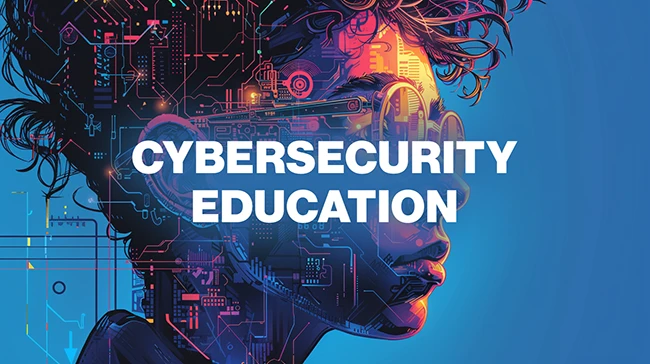Hong Kong is taking a bold step forward in digital education by launching an innovative cybersecurity program that aims to protect and empower its youngest digital citizens. The initiative, a collaborative effort between the Hong Kong Police Force, Education Bureau, and multiple private sector partners, recognizes that in today’s technology-driven world, digital literacy is no longer optional—it’s essential.
At the heart of this groundbreaking program is a comprehensive approach to teaching students about online safety, focusing primarily on upper primary and junior secondary students who are most vulnerable to emerging digital risks. The partnership includes key organizations like Hong Kong Education City, Qianfan Technology, and PricewaterhouseCoopers, demonstrating a united front in addressing cybersecurity challenges.

One of the most engaging aspects of the program is its interactive learning method. The police’s CyberDefender program has introduced a creative board game competition that transforms cybersecurity education from a dry lecture into an exciting, team-based challenge. Students use attack and defense flashcards, competing at district and regional levels while learning critical digital safety skills. This approach not only makes learning fun but also encourages collaborative problem-solving.

Chief Superintendent Raymond Lam Cheuk-ho from the Cyber Security and Technology Crime Bureau highlighted a critical issue facing schools: limited resources for maintaining robust cybersecurity measures. Recognizing this challenge, the initiative goes beyond simple awareness training. The program includes comprehensive cybersecurity assessments for schools and provides tailored administrative guidelines to create secure digital environments.

Teachers are also a crucial focus of this initiative. The police are collaborating with the Association of IT Leaders in Education to develop specialized training workshops. These sessions aim to empower educators with the knowledge and skills needed to protect school networks and effectively teach cybersecurity principles to their students.
The program addresses a wide range of digital threats that today’s students might encounter. From understanding the risks of deepfakes to recognizing potential privacy breaches in AI technologies, the curriculum is designed to prepare students for the complex digital landscape they’ll navigate. This is particularly important for Generation Z, who are digital natives but may not fully understand the potential dangers of emerging technologies.
Over the past three academic years, the initiative has already made significant progress. Teaching resources covering technology crimes, digital asset risks, and emerging technologies have reached over a thousand educators through dedicated workshops. The goal extends beyond immediate protection—it’s about nurturing a generation of responsible, tech-savvy individuals who can innovate while staying safe online.
What makes this initiative truly remarkable is its holistic approach. By involving law enforcement, educational institutions, and private sector partners, Hong Kong is creating a comprehensive ecosystem of digital safety. The program doesn’t just teach students about cybersecurity; it builds a culture of digital responsibility that can protect individuals and institutions alike.
As technology continues to evolve at an unprecedented pace, initiatives like this become increasingly crucial. Hong Kong is setting a powerful example of how proactive, collaborative approaches can prepare young people for the digital challenges of the future. By making cybersecurity education engaging, comprehensive, and accessible, the city is investing in its most important resource—its young people.








